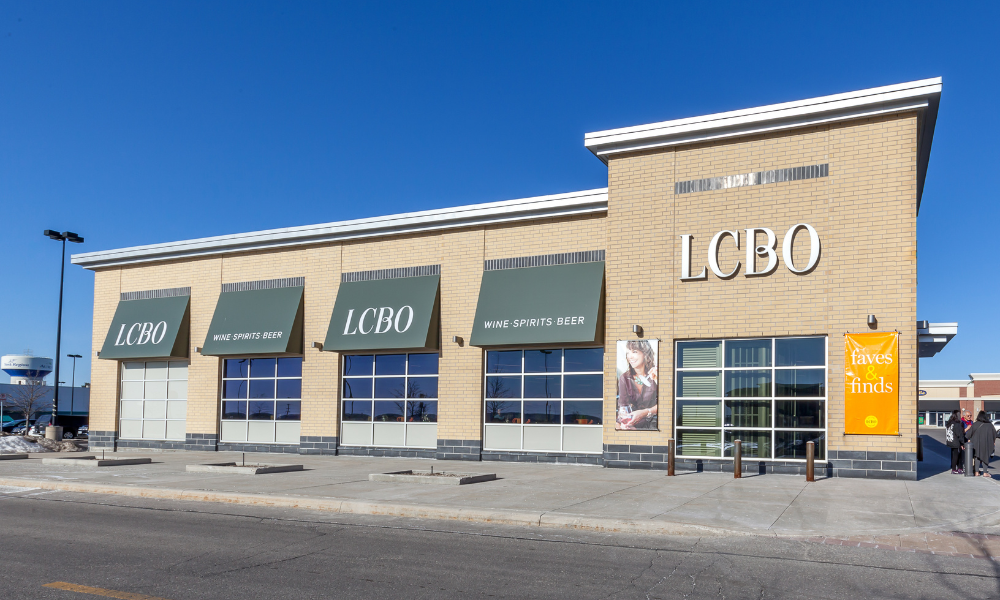
The case stemmed from a 2019 Freedom of Information request by Toronto Star reporters

The Ontario Court of Appeal reinstated an order requiring the Liquor Control Board of Ontario (LCBO) to disclose shoplifting data, rejecting claims that disclosure would harm its economic interests and public safety.
Two reporters from the Toronto Star submitted a Freedom of Information request for data on the total annual number of shoplifting incidents from 2008 onward and monthly reports of thefts at each Toronto LCBO location from January 2018. The LCBO denied the request, citing exemptions under the Freedom of Information and Protection of Privacy Act (FIPPA). The agency argued that disclosing this information would endanger its competitive position and could make some stores more vulnerable by revealing security patterns. Additionally, the LCBO claimed it would harm its reputation and competitive standing against other alcohol retailers.
The Toronto Star appealed the LCBO's decision to the Information and Privacy Commissioner of Ontario (IPC). An IPC adjudicator ruled that the LCBO should release the records. However, Ontario’s divisional court overturned the IPC's order, agreeing with the LCBO's argument that the adjudicator had misinterpreted FIPPA’s disclosure exemptions and had failed to consider essential evidence, resulting in an unreasonable decision.
The Ontario Court of Appeal then reviewed the divisional court’s decision. The appellate judges applied the “reasonableness” standard to assess the IPC’s decision. They ultimately supported the dissenting judge in the divisional court, who had maintained that the IPC adjudicator’s decision was reasonable and deserved deference. The appellate court found that the IPC had properly followed the Supreme Court's guidance on interpreting the standard of proof for disclosure under FIPPA. The adjudicator used the “reasonable expectation of probable harm” standard, requiring evidence well beyond speculation but not necessarily to the level of certainty.
The appellate court also rejected the LCBO's claim that the IPC adjudicator had overlooked key evidence. They noted that while the adjudicator did not cite every piece of evidence, her reasoning showed a clear, contextual understanding of FIPPA's confidentiality requirements and adequately addressed the LCBO’s claims.
The LCBO further argued that recent changes to the province’s liquor licensing laws, particularly the 2019 Liquor Licence and Control Act, strengthened their case for withholding the information. However, the Court of Appeal noted that these legislative changes were not raised with the adjudicator, and as such, it would be inappropriate to fault her for not considering them.
The Court of Appeal concluded that the IPC adjudicator’s decision was reasonable and restored the original order to disclose the requested records.